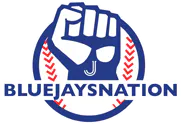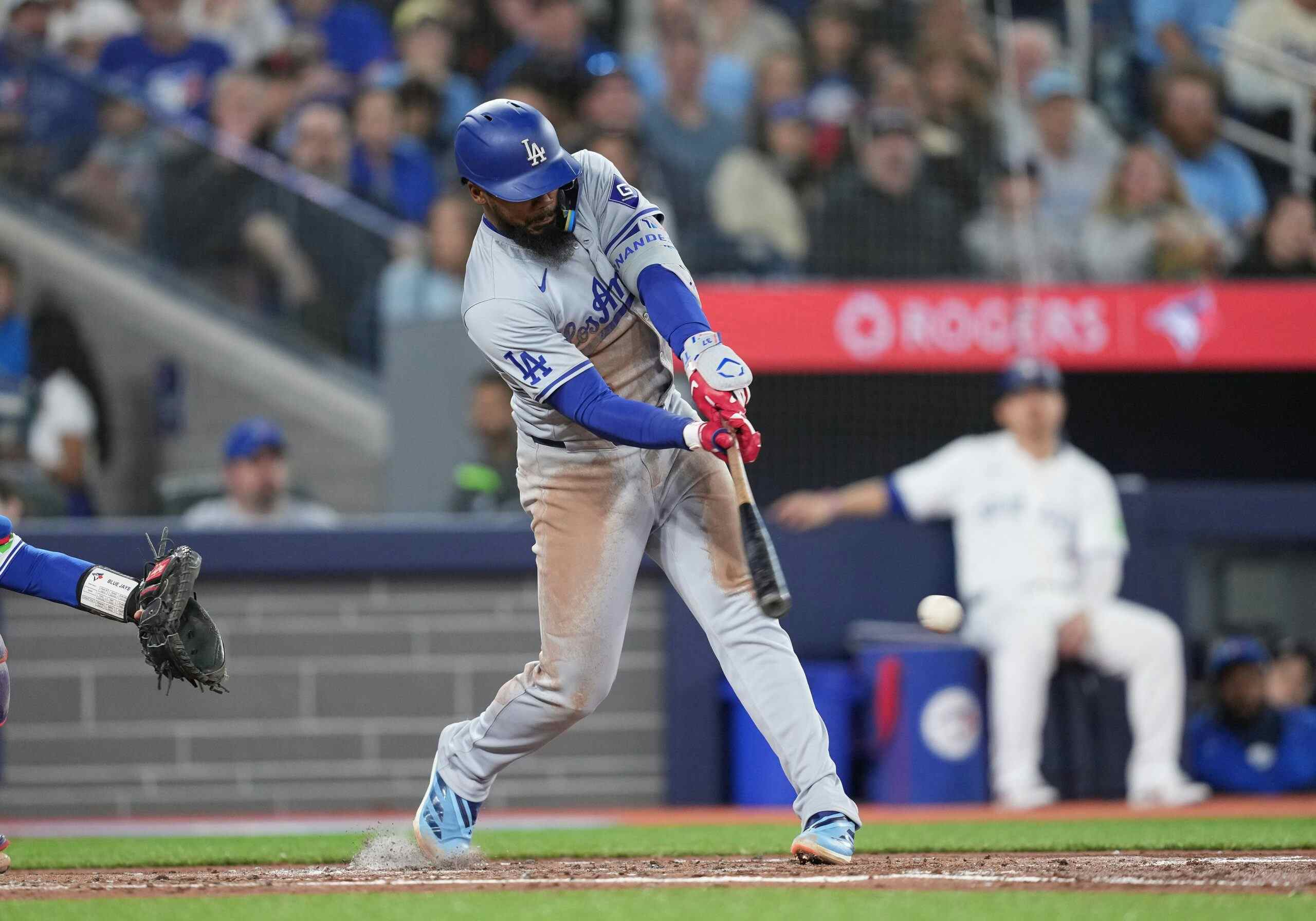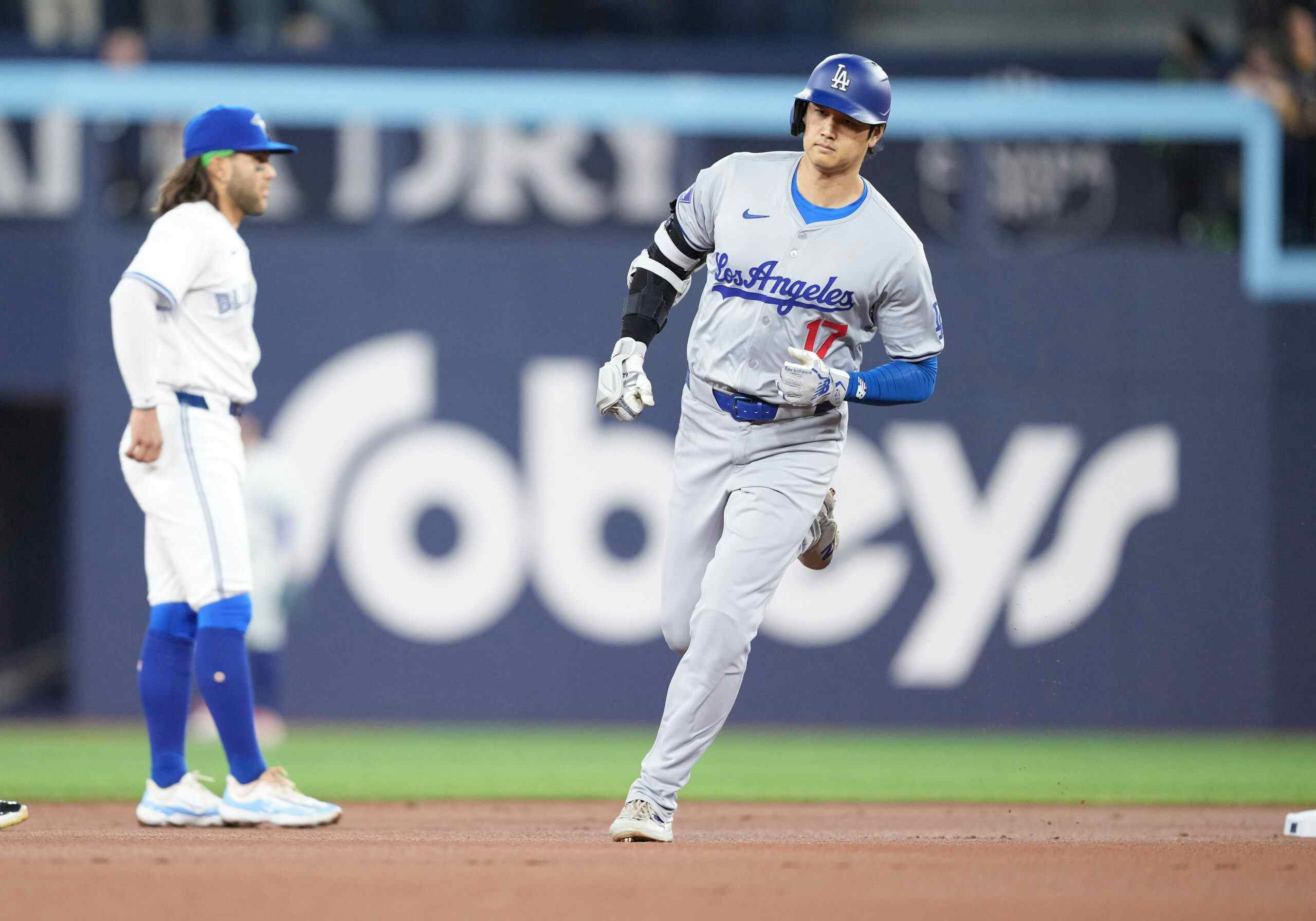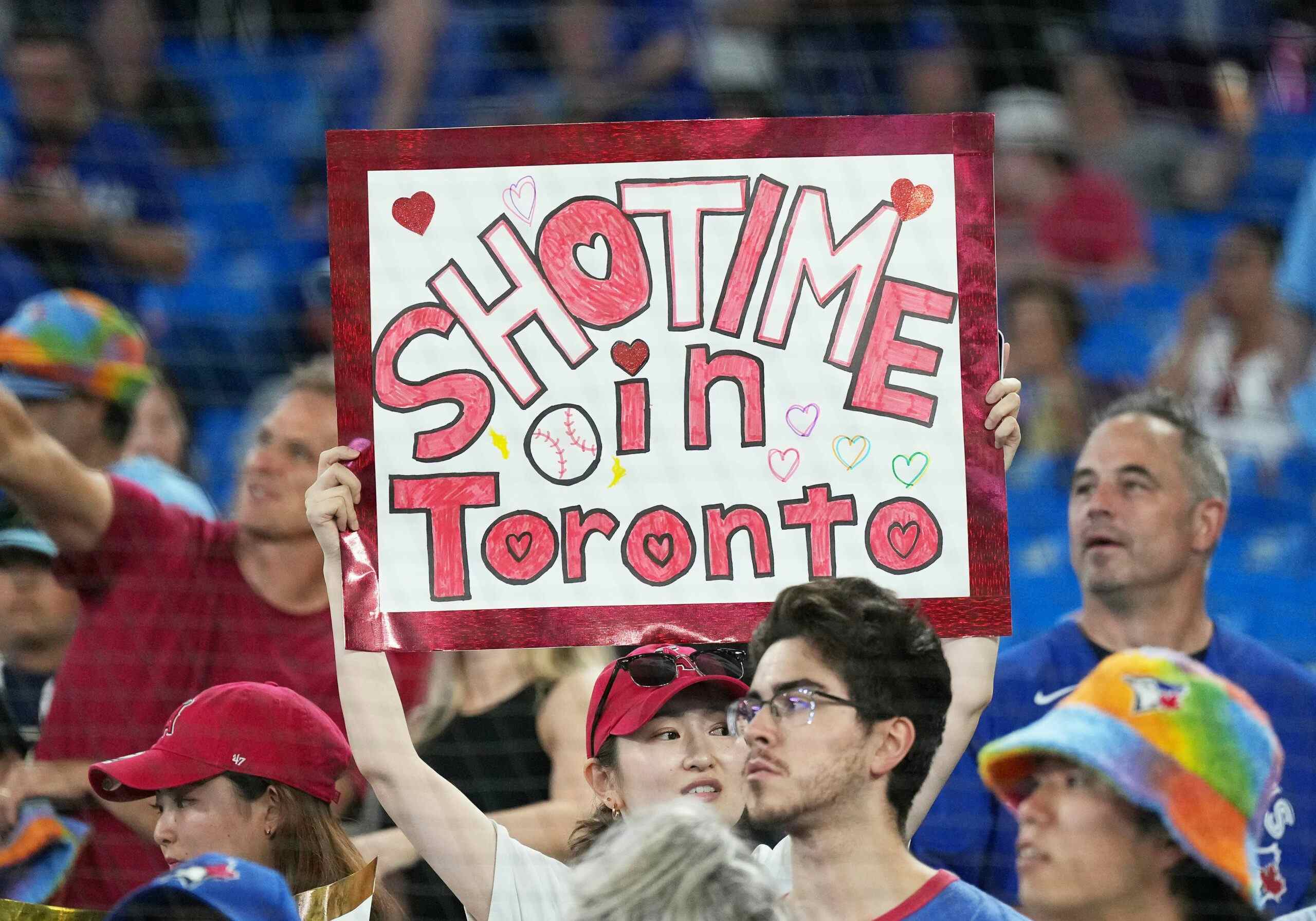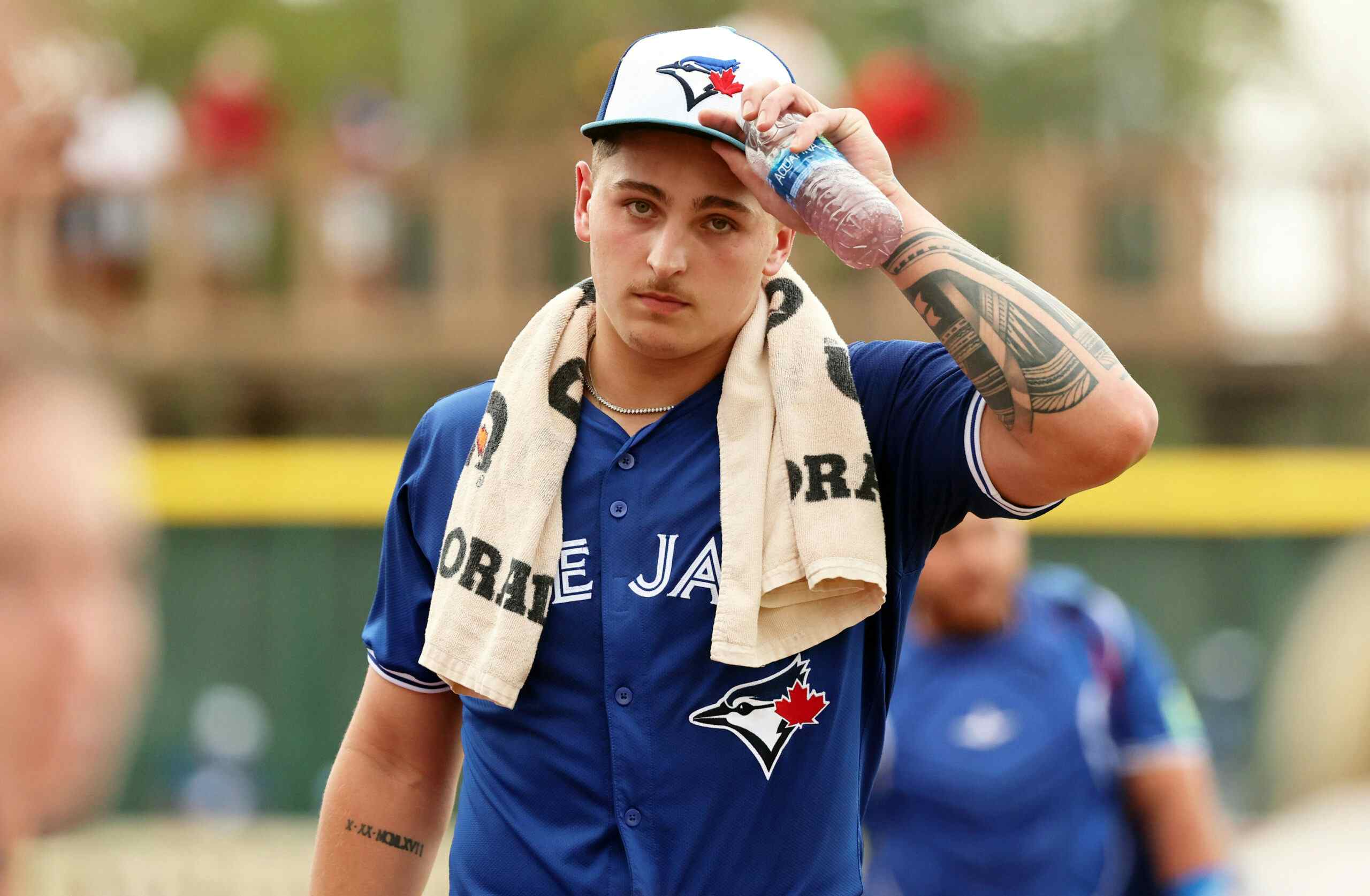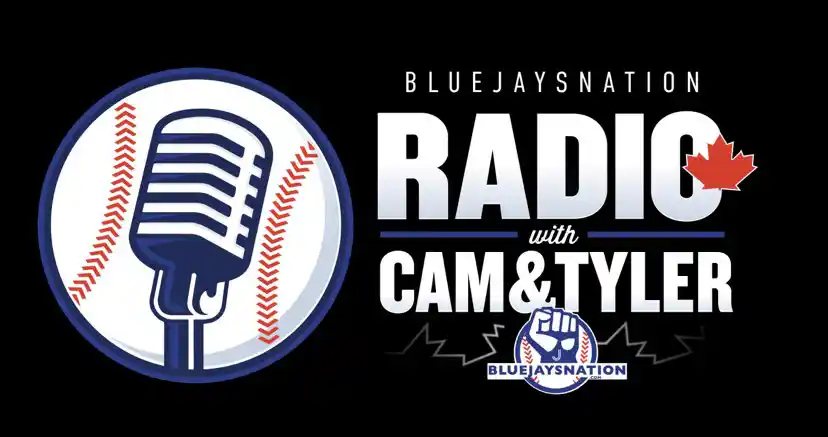Josh Donaldson and the strange free agent market
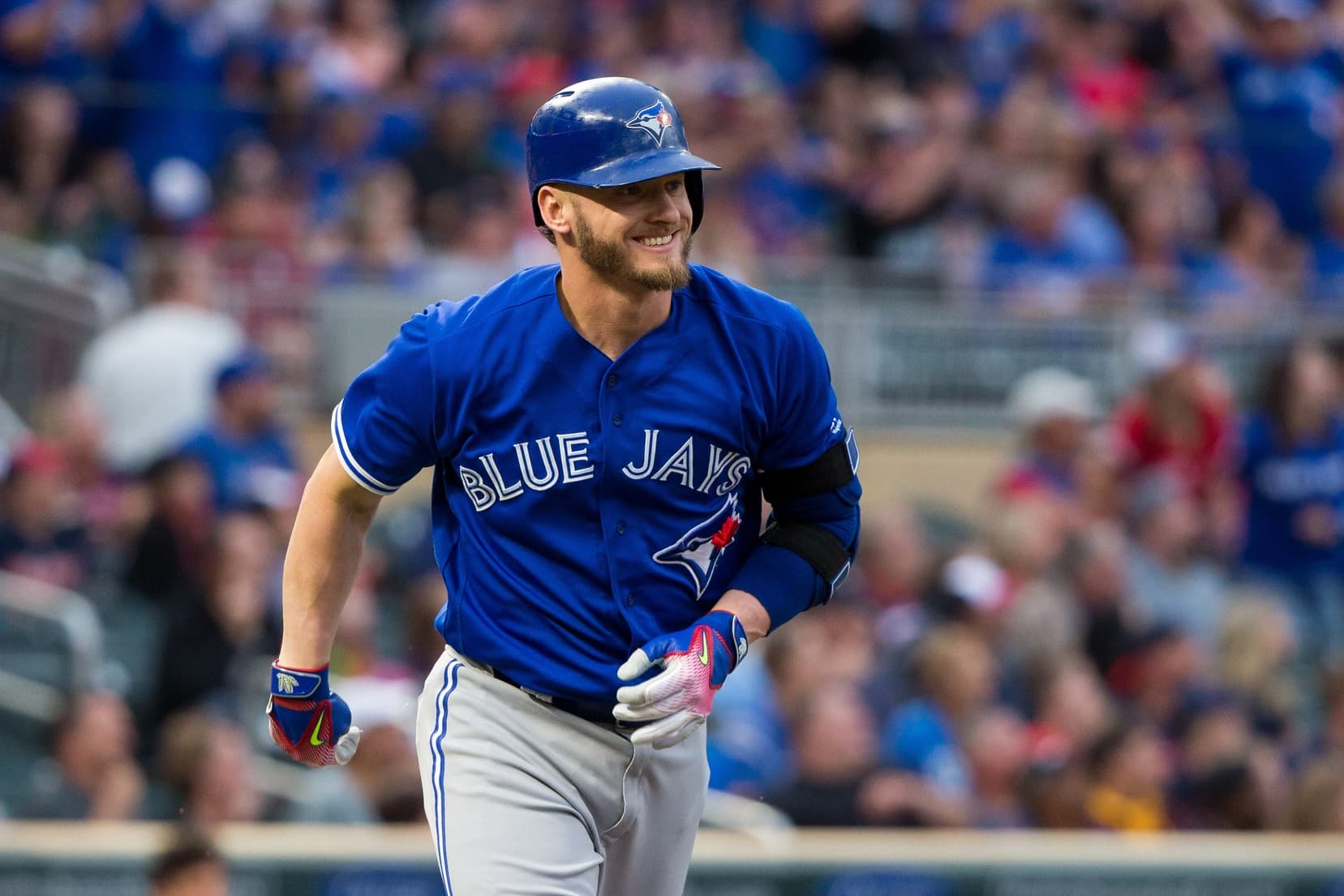
By Blue Ox
6 years agoCollusion may just be a fancy word for misreading the market, at least in baseball.
Various theories exist to what caused such a slow offseason, at least in terms of free agent signings. Jonah Keri at CBS touches on a few – namely, “that spending in free agency is actually inefficient in too many cases”, “this free agent class is very mediocre”, and agents are making promises to players, “that they’re unwilling to fall short of.” Moustakas’ rejection of $17.4 million to sign with the same team for $6.5 million a few months later is a perfect example of an agent promising more than they can deliver.
Next off-season’s star studded free agent class isn’t helping. Nor is the focus of some perennial free agent spenders (Yankees and Dodgers) adjusting towards managing a team salary that is no longer subject to the luxury tax – it is assumed the intention is to spend big next year.
But…spending on who? Donaldson is an obvious target. The question remains, will teams be willing to spend on him?
We all thought – lumping myself in – that Moustakas would be earning more than $6.5 million this season. When you start to dig deeper, $6.5 seems fair considering he is a comp to Nick Castellanos. Forget his unreal home run total or whatever individual metric everyone wants to focus on and glance at the pair…

If the market read Moustakas’ value so poorly, is it fair to consider that we all have been misreading Donaldson’s in the same vein? This could be a very good thing for the Jays and – sorry Josh – a really bad thing for Donaldson.
The plan is to analyze Donaldson’s potential contract over the next few weeks by considering it from a few different points of view. Before delving into all the various angles, how about we consider this offseason’s market and how Jeter’s involvement threw everyone for a loop – especially J.D. Martinez.
This isn’t saying the same thing will happen to Donaldson next year, but never say never.
MLB front offices are changing. Mostly, MBAs are causing a transition in how the economic environment of baseball is considered. Contracts are reaching upwards of $200 million, the risk/reward is higher than ever; cost certainty is the new name of the game. Cost certainty must parlay with performance, otherwise the value provided is meaningless.
Contract values are being reduced through the game’s economic conditions altering what players can earn through free agency. Moustakas was expected to get paid – he didn’t, at least not relative to his QO. Martinez was expected to get paid – he did, but at $22 million rather than the requested $30 million per year.
Donaldson is expecting to get paid – but what market conditions will he face?
Back to cost certainty… the Marlins were selling it in spades. Add in that each of the big three (Stanton, Ozuna, Yelich) are all either in or entering their prime and serious value was available through trade that wasn’t originally expected. Martinez got screwed by this and Donaldson could too – if a team sees value in replicating the Marlins’ approach.

Our own Ryan Di Francesco highlighted Shapiro’s sentiment earlier this week – “free agency players are past their prime by the time they get to free agency – or, at least, right in their prime and they are going to be declining over a free agent contract.” This concept could be the Achilles heel to any Donaldson contract.
Tough to say Stanton, Ozuna or Yelich are declining in the next year or two, but the same cannot be said about J.D. Martinez – or Donaldson who turns 33 before next season – considering age and debate surrounding his defensive prowess – same could go for Donaldson.
Is there a lesson to be learned through Martinez’s experience that could benefit Donaldson?
The Jays were in on Yelich to the very end, only to lose out to Milwaukee. The price, presumably Vlad or Bichette, was too high, otherwise Yelich would be shagging flies in Dunedin. Martinez was rumored as a possibility for Toronto, but the price, presumably, was too high for him as well. Over the four year period, Yelich costs $51.75 million less than Martinez – for the Jays, this suggests they value the prospects necessary to acquire Yelich as greater than $50 million. There is an assumption here the Jays valued Martinez at his current cost, which they obviously did not; hence Martinez is in Boston not Toronto.
Dollar for dollar, Martinez’s annual hit of $22 million pales in comparison to Yelich’s hit of $11.65 (average of remaining salary). Throw in the fact that Yelich’s contract includes his age 30 season while Martinez’s does not begins until his, the value of Yelich over Martinez becomes even greater.
The Marlins flooded the market with younger, better talent than what free agency had available. No offense to Martinez – he is one helluva player but his value is nowhere near that of Stanton, Ozuna or Yelich.
A flooded market should concern Donaldson as sports teams are paying attention to each other’s actions and any subsequent benefits gained. The Marlins clearly gained some benefit by trading the big three, however questions remain – are they better off? That is a matter of perspective.
So…if Ozuna does not go to St. Louis, does Grichuk end up a Jay? Probably not, unless Martinez ends up in St. Louis – which would have added another team into the mix, increasing Martinez’s free agent asking price. Without Ozuna ending up in St. Louis, the dominoes do not fall the same.
If Stanton does not end up in pin stripes, does Martinez sign in New York? Dollar for dollar, Martinez is cheaper – tough to make the age argument considering Stanton’s contract extends to age 38, rather than age 34 for Martinez. If not for Miami, New York would have been in the market for Martinez, driving his eventual free agent contract’s value even higher- sometimes the Evil Empire does its enemies good.
If Yelich does not end up in Milwaukee….yea not even going to build this one out, no chance Martinez becomes a Brewer based on cost alone.
The point is not to bad mouth Jeter – there are plenty out there already doing this. Rather, it’s to shed light on the affect his fire sale had on the league as a whole. Supply and demand saw drastic changes. Martinez is just one example of a causality, though it’s tough to call a $110 million contract a causality.
In the end, Jeter’s fire sale was the knuckleball no one saw coming and it changed the free agent market. The reality is free agency will continue to see changes and players need to be ready. What we think to be true now is turning out to be anything but. Donaldson’s next contract is one big question mark, mainly because the market conditions have not begun to even set.
Recent articles from Blue Ox
